Abortion and Mental Health Stigma: Breaking the Silence?
Abortion decisions are very crucial for a woman and her family. An individual goes through several impressions that can be emotional and complex. However, the most striking impact is on mental health which remains unspoken but terrible. How can a woman deal with such a depressed situation alone? Let’s explore the stigma surrounding abortion and mental health, aiming to break the silence and foster understanding and compassion medical abortion in california.
The Reality of Abortion Decisions
Emotional Landscape: Choosing to have an abortion is a deeply personal decision that can bring about a range of emotions, including relief, sadness, and even a sense of empowerment.
Diverse Experiences: Every individual’s experience with abortion is unique. Factors like personal beliefs, circumstances, and support systems play a crucial role in shaping these experiences.
Stigma and Silence: Despite the prevalence of abortion experiences, there is often a culture of silence and stigma surrounding the emotional impact. Breaking this silence is essential for fostering empathy and support.
Understanding Mental Health Stigma
Societal Expectations: Societal expectations and judgments about reproductive choices can contribute to mental health stigma. These expectations may be rooted in cultural, religious, or social beliefs.
Personal Guilt and Shame: Individuals may internalize societal stigmas, experiencing feelings of guilt and shame about their abortion decisions, even when they are confident in their choice medical abortion in california.
Impact on Well-Being: Mental health stigma can affect emotional well-being, leading to increased stress, anxiety, and isolation. Addressing this stigma is crucial for promoting mental health and overall well-being.
Breaking Down the Stigma
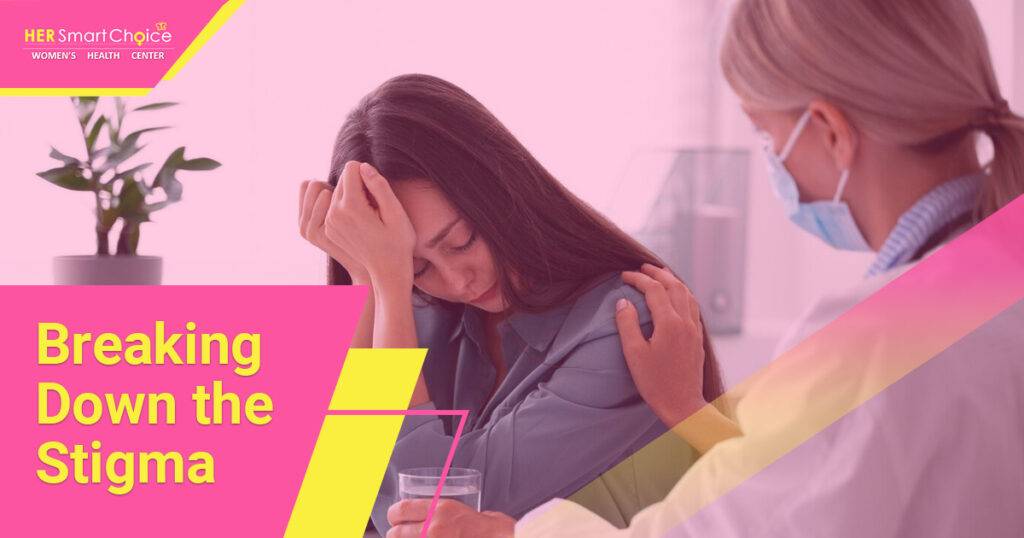
Open Conversations: Fostering open conversations about abortion experiences and mental health is a key step in breaking down stigma. Creating spaces for individuals to share their stories without judgment helps dispel myths and misconceptions.
Supportive Environments: Creating supportive environments, both within communities and healthcare settings, is vital. Individuals should feel comfortable seeking emotional support without fear of judgment.
Empathy and Understanding: Cultivating empathy and understanding is essential for challenging preconceived notions about abortion and mental health. Recognizing the diversity of experiences encourages a more compassionate approach.
Educating About Mental Health: Promoting education about mental health, including the emotional aspects of abortion, helps dispel myths and provides a more nuanced understanding of the intersection between reproductive choices and mental well-being.
Navigating Emotional Responses
Grief and Loss: Some individuals may experience a sense of grief or loss after an abortion. Understanding and acknowledging these emotions is crucial for emotional healing.
Relief and Empowerment: On the flip side, many individuals may feel relief and empowerment after making a decision that aligns with their circumstances and personal choices medical abortions.
Seeking Professional Support: For those navigating complex emotions, seeking professional support, such as counseling or therapy, can be immensely beneficial. Trained professionals can provide a safe space for individuals to process their feelings.
Addressing Mental Health Proactively
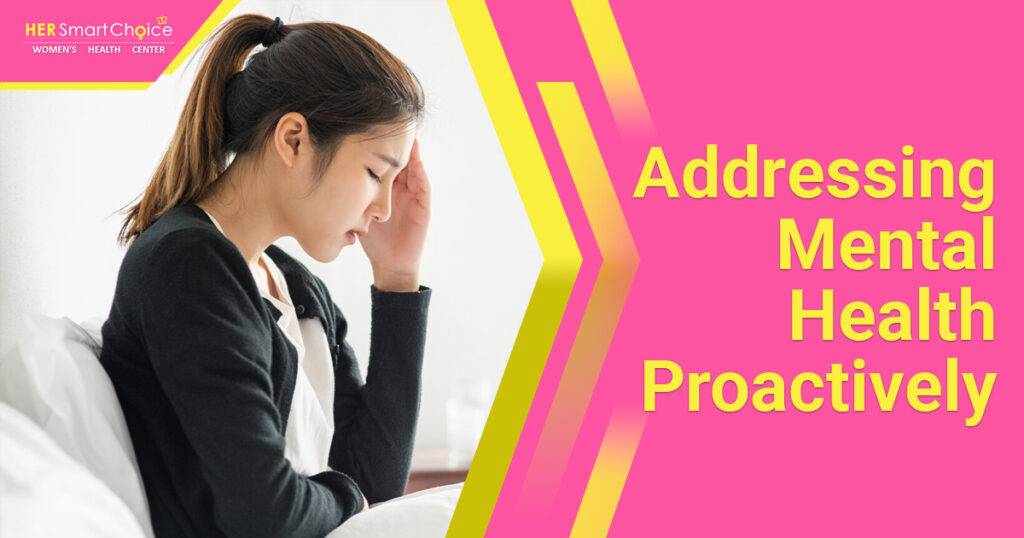
Pre-Abortion Counseling: Offering comprehensive pre-abortion counseling that addresses emotional well-being can help individuals navigate the decision-making process more confidently medical abortion in california.
Post-Abortion Support: Implementing post-abortion support services ensures that individuals have access to resources and counseling to address any emotional challenges that may arise after the procedure.
Community Resources: Establishing community resources, such as support groups and helplines, creates networks for individuals to connect, share experiences, and find understanding.
Moving Towards Compassionate Care
Humanizing Experiences: Humanizing the experiences of individuals who have had abortions fosters a more compassionate and empathetic approach. Each person’s story is unique and deserving of understanding.
Promoting Self-Compassion: Encouraging self-compassion is crucial. Individuals should be empowered to acknowledge and validate their feelings without judgment.
Final Thoughts
Breaking the silence surrounding abortion and mental health is a crucial step toward creating a more compassionate and understanding society. By fostering open conversations, challenging stigma, and promoting supportive environments, we can contribute to a world where individuals feel empowered to make choices about their reproductive health without fear of judgment. Let us strive for a culture that recognizes the complexity of emotions surrounding abortion decisions and embraces empathy, compassion, and support for every individual’s unique journey.

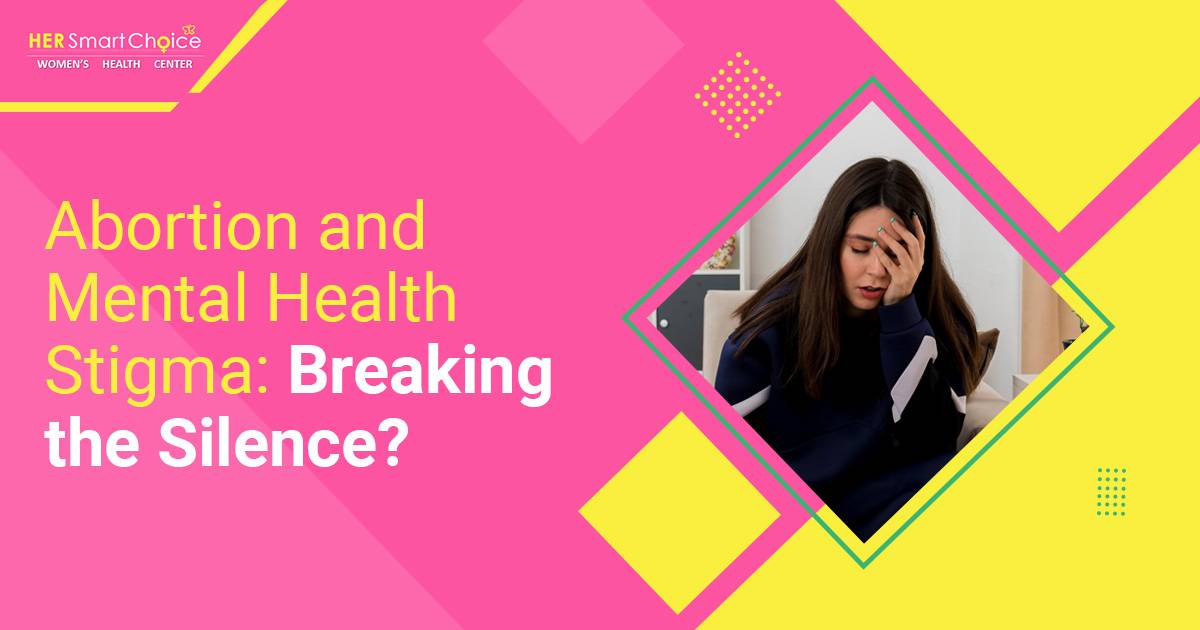
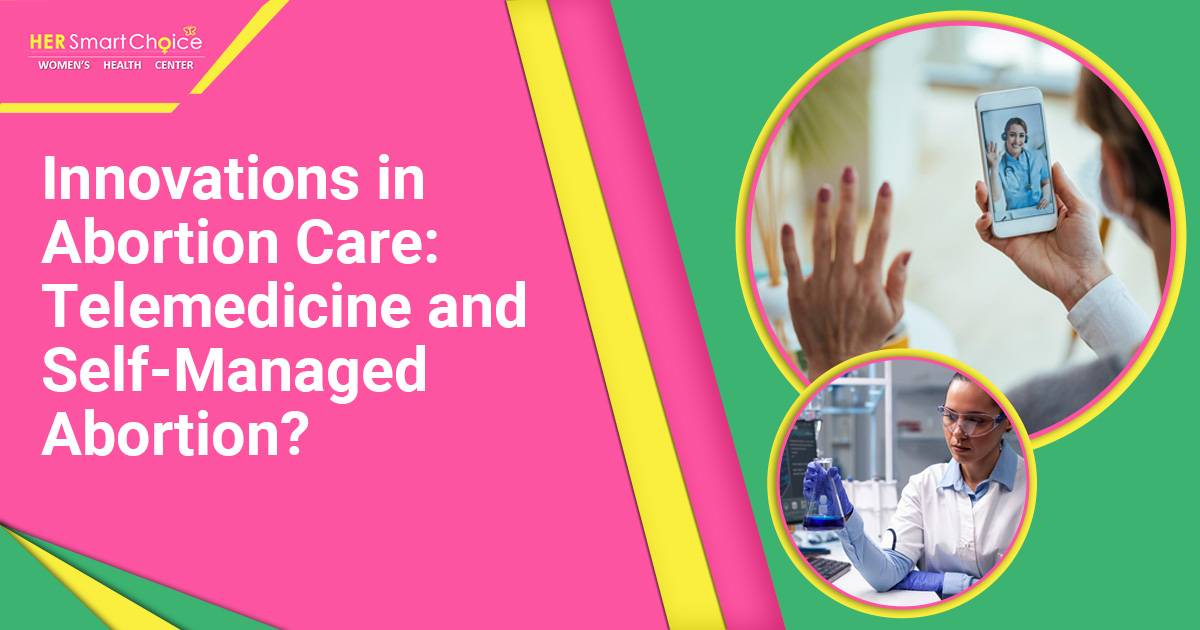
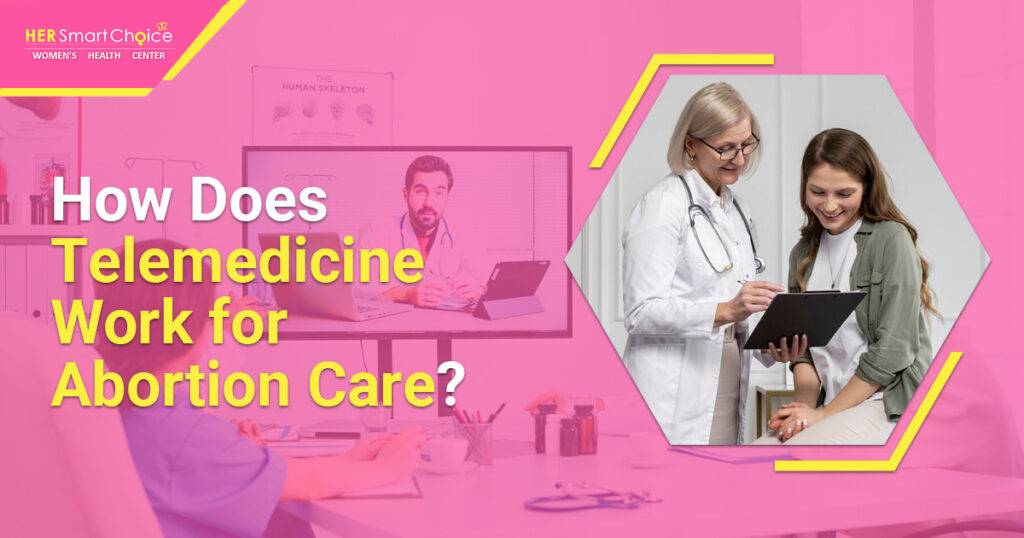
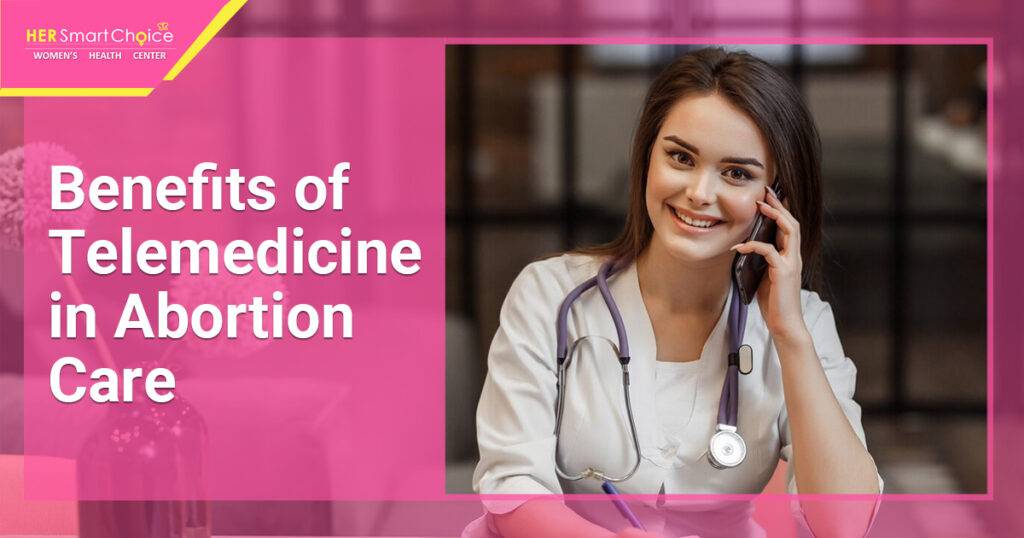
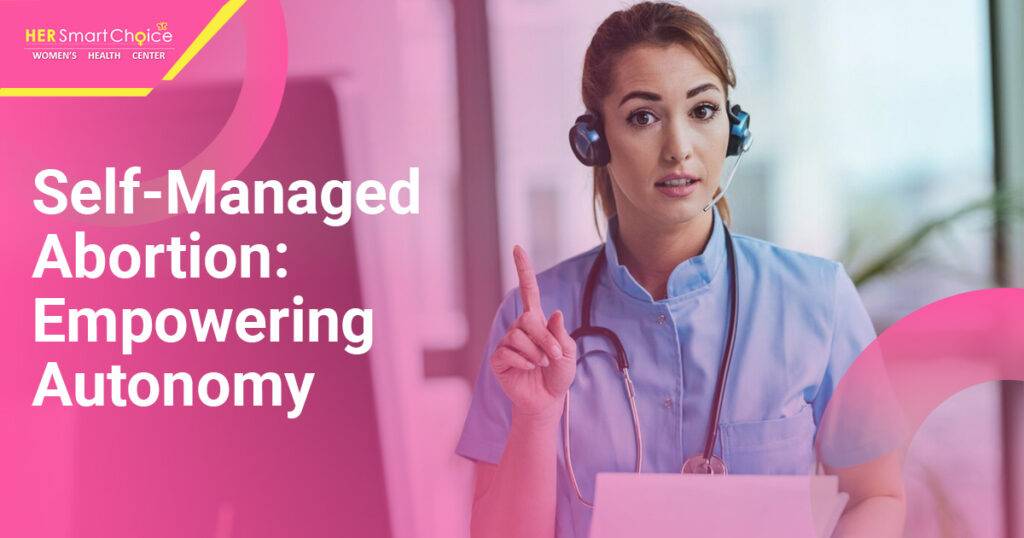
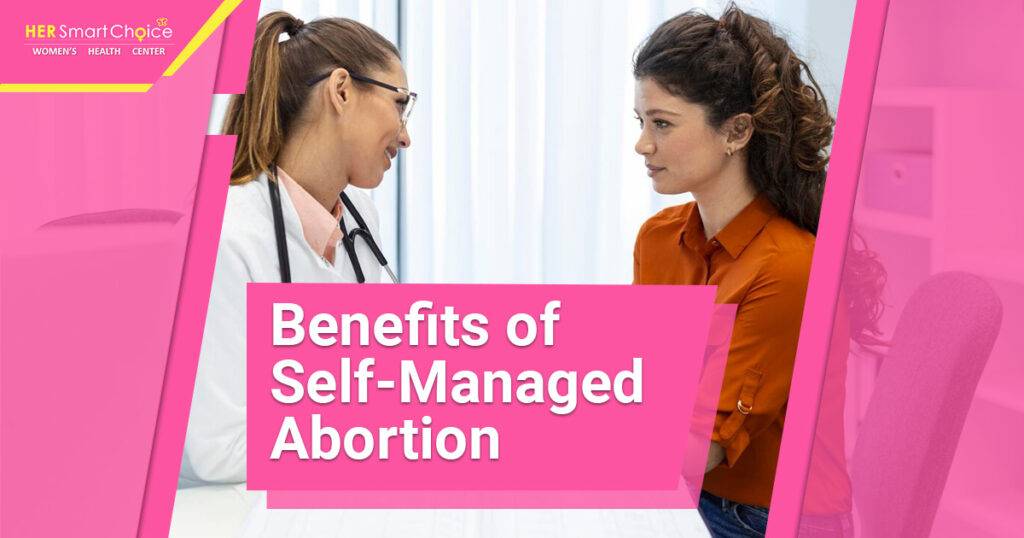
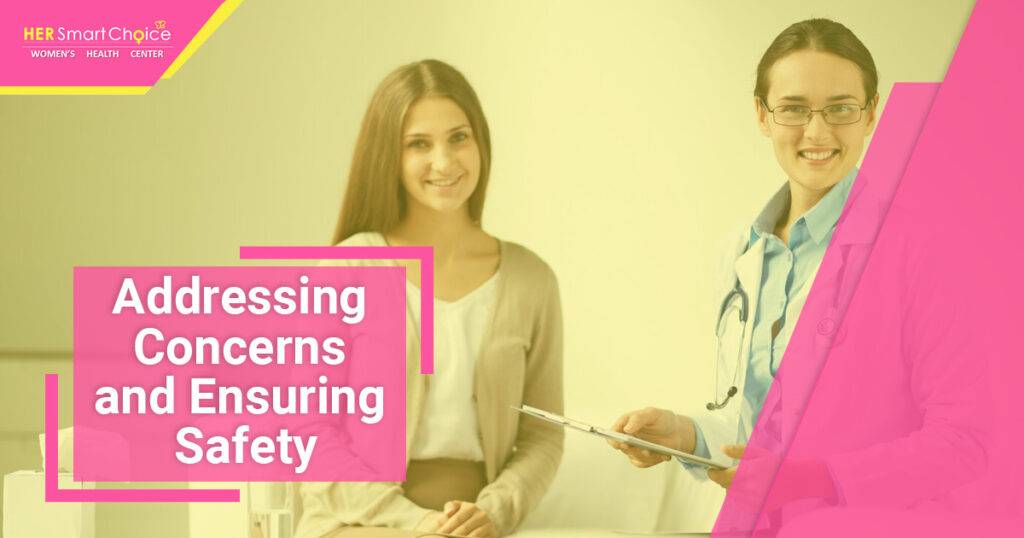
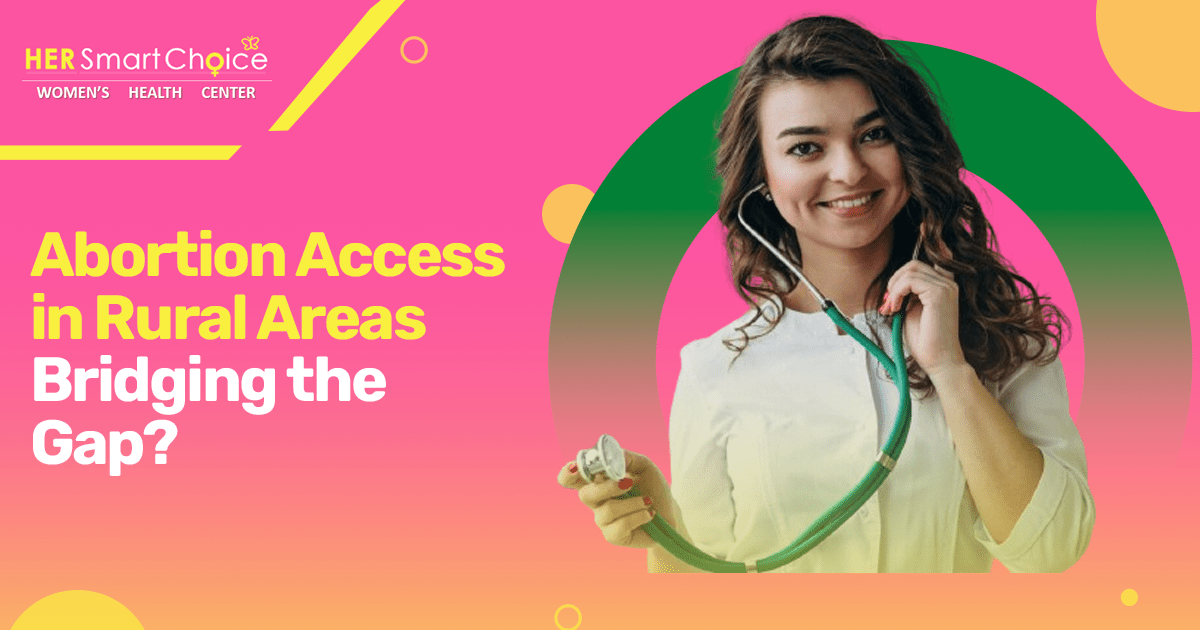
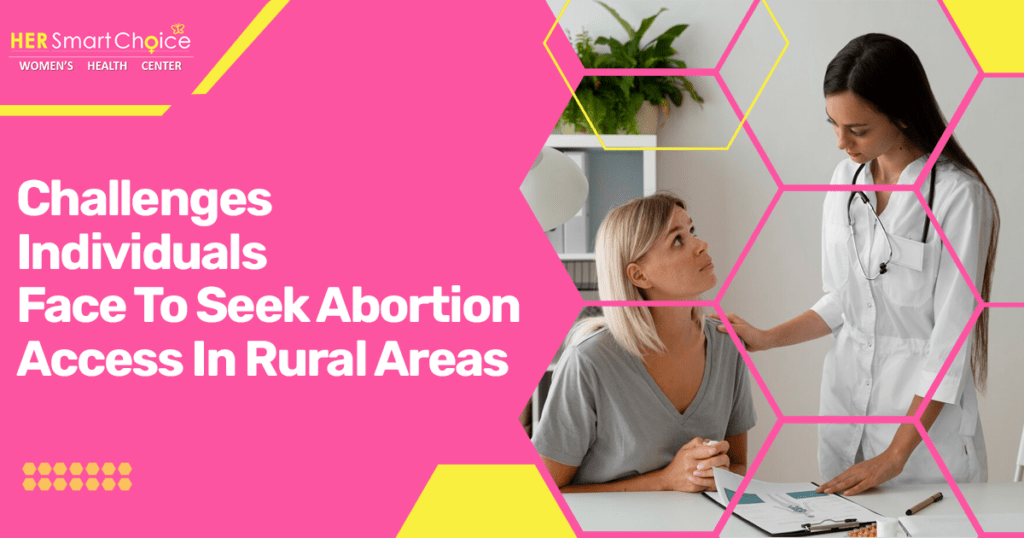
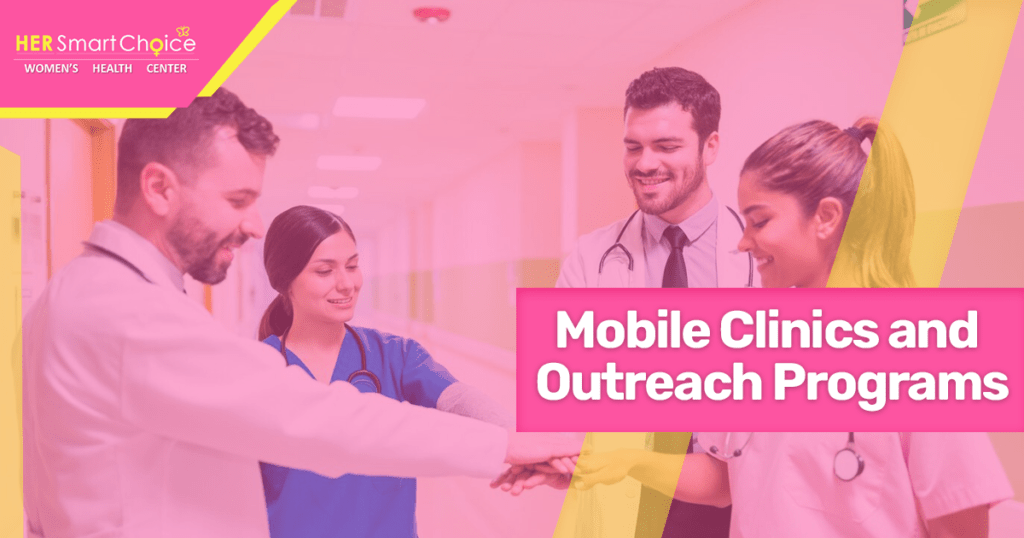 Mobile clinics and outreach programs specifically designed to bring reproductive healthcare, including abortion services, to rural areas have proven effective in increasing access. These clinics travel to underserved regions, providing comprehensive care, counseling, and information about reproductive health. Mobile clinics help minimize the distance individuals must travel, making abortion services more accessible and reducing financial and logistical barriers.
Mobile clinics and outreach programs specifically designed to bring reproductive healthcare, including abortion services, to rural areas have proven effective in increasing access. These clinics travel to underserved regions, providing comprehensive care, counseling, and information about reproductive health. Mobile clinics help minimize the distance individuals must travel, making abortion services more accessible and reducing financial and logistical barriers.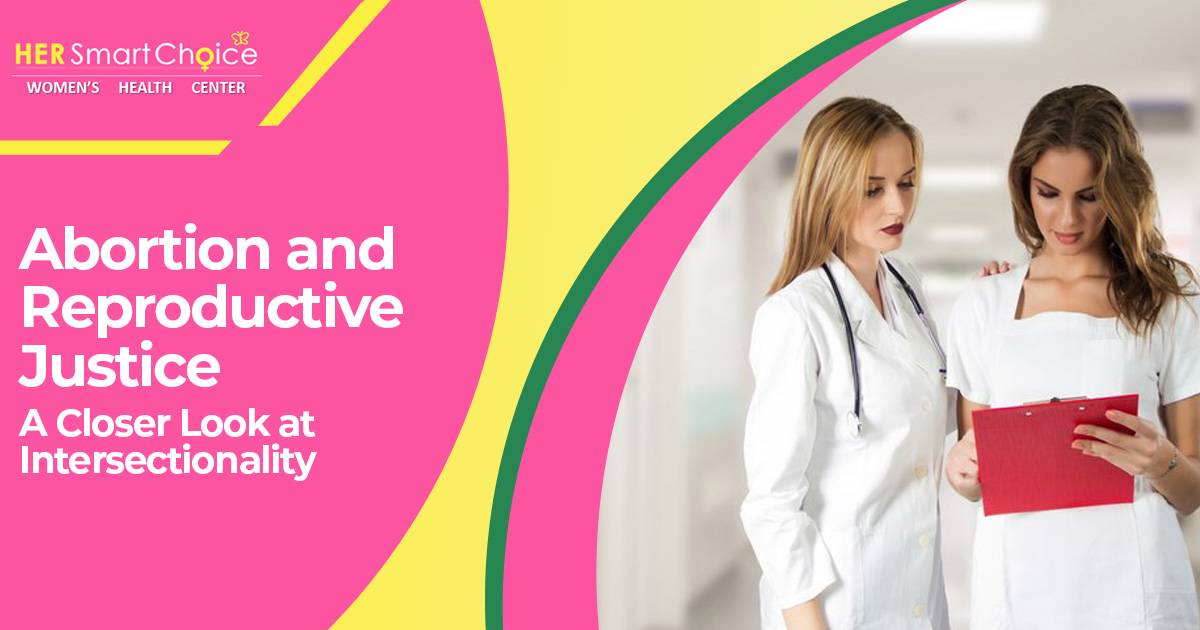
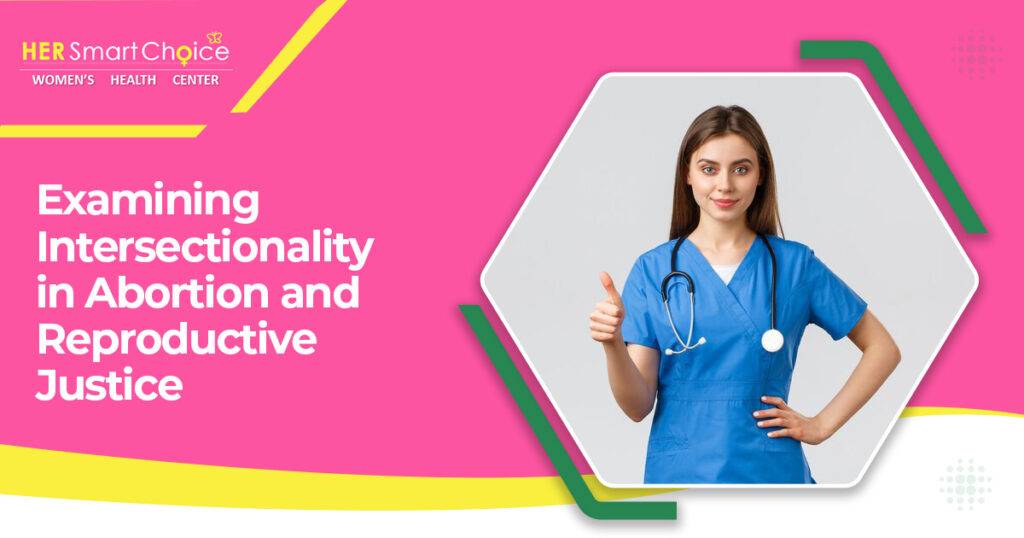
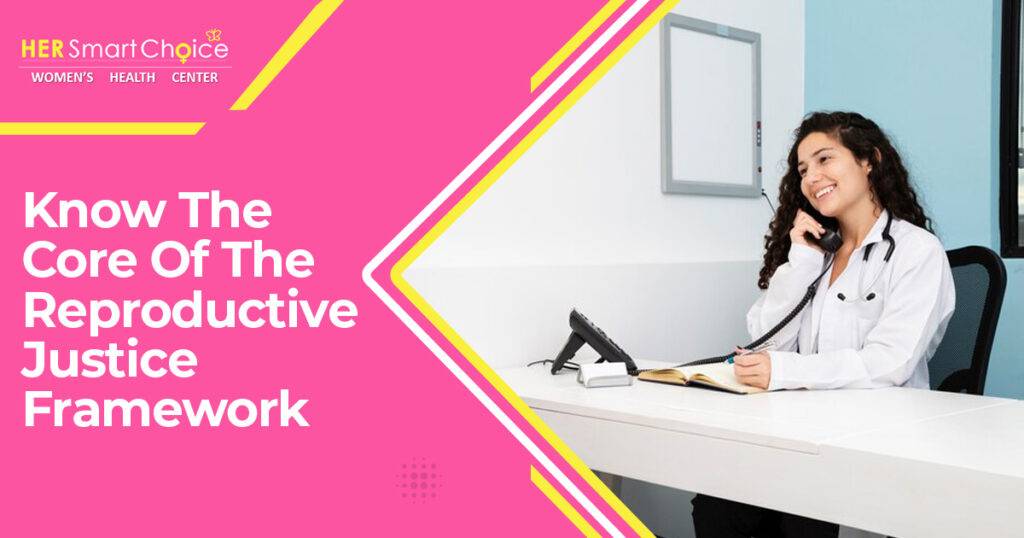
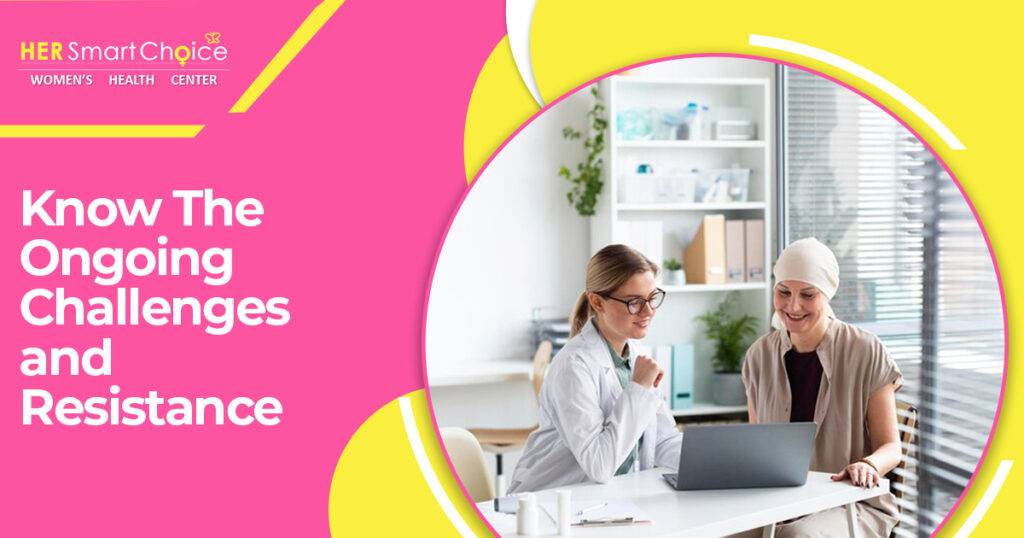
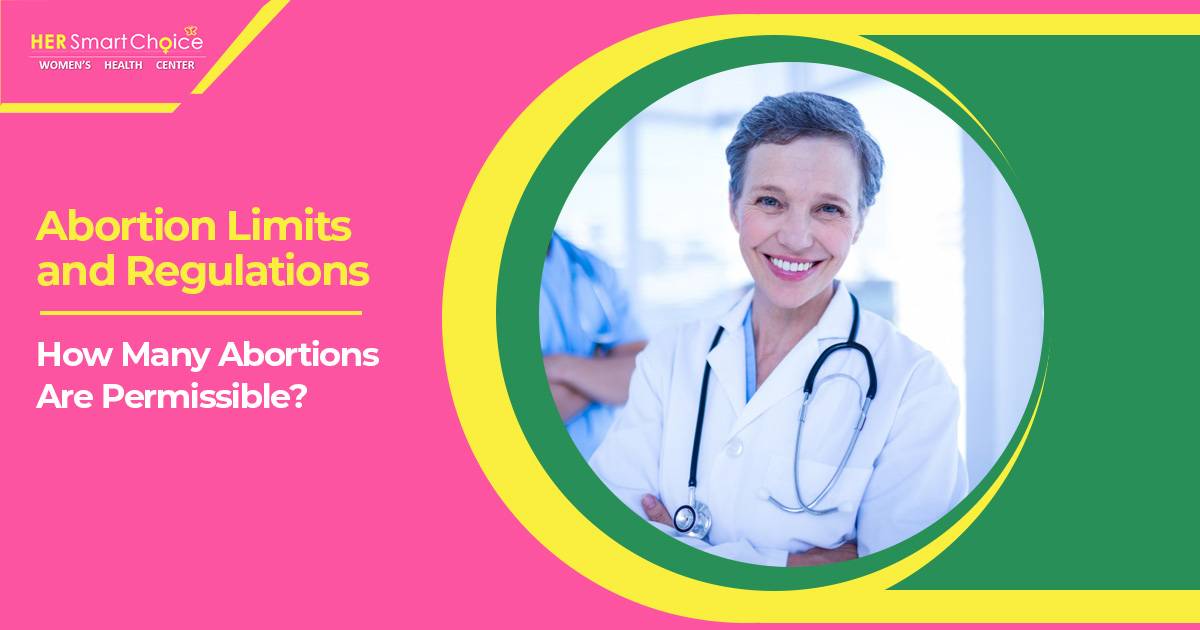
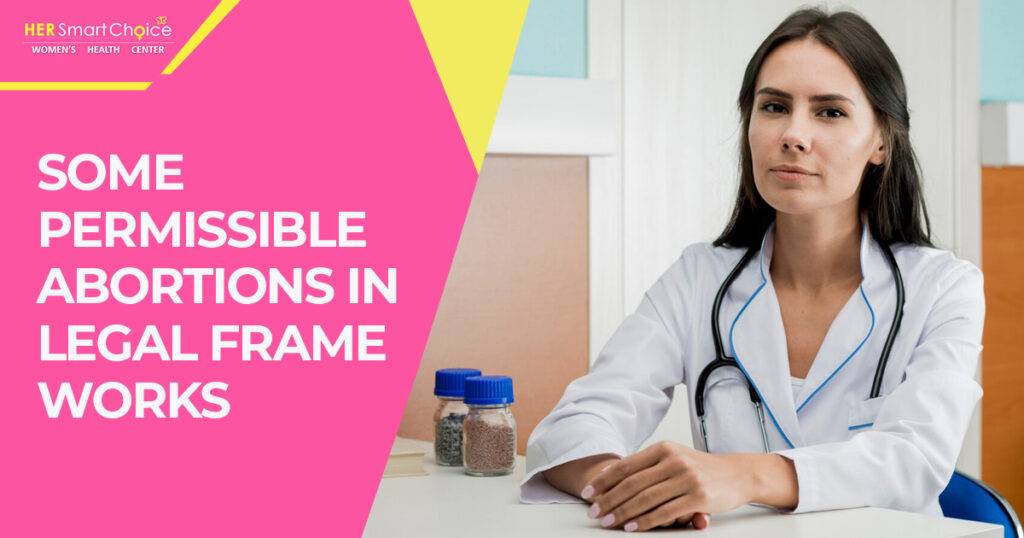 Diverse factors, including cultural, religious, and political influences shape abortion laws. Some regions have more liberal laws prioritizing women’s autonomy, while others impose stricter regulations, impacting the permissible choices available.
Diverse factors, including cultural, religious, and political influences shape abortion laws. Some regions have more liberal laws prioritizing women’s autonomy, while others impose stricter regulations, impacting the permissible choices available.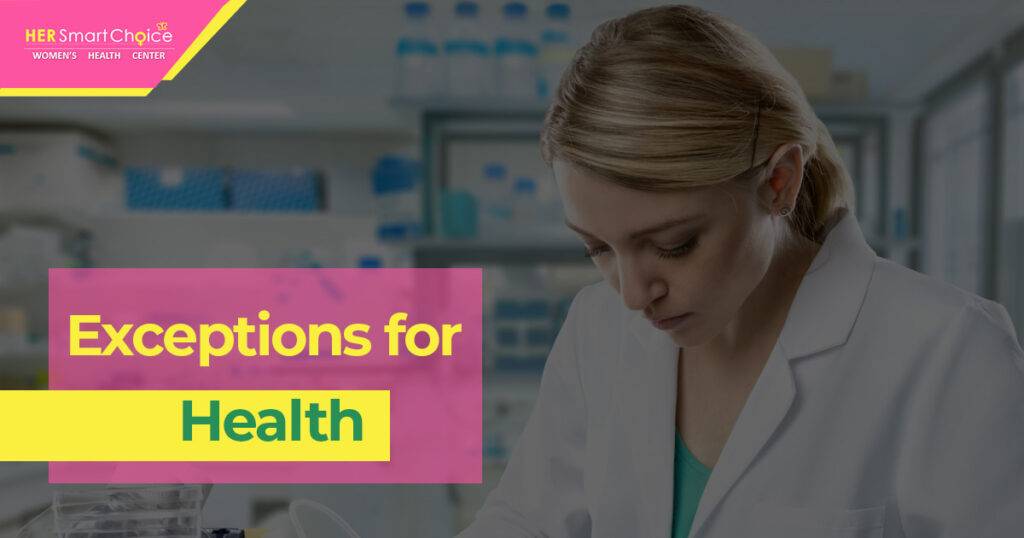

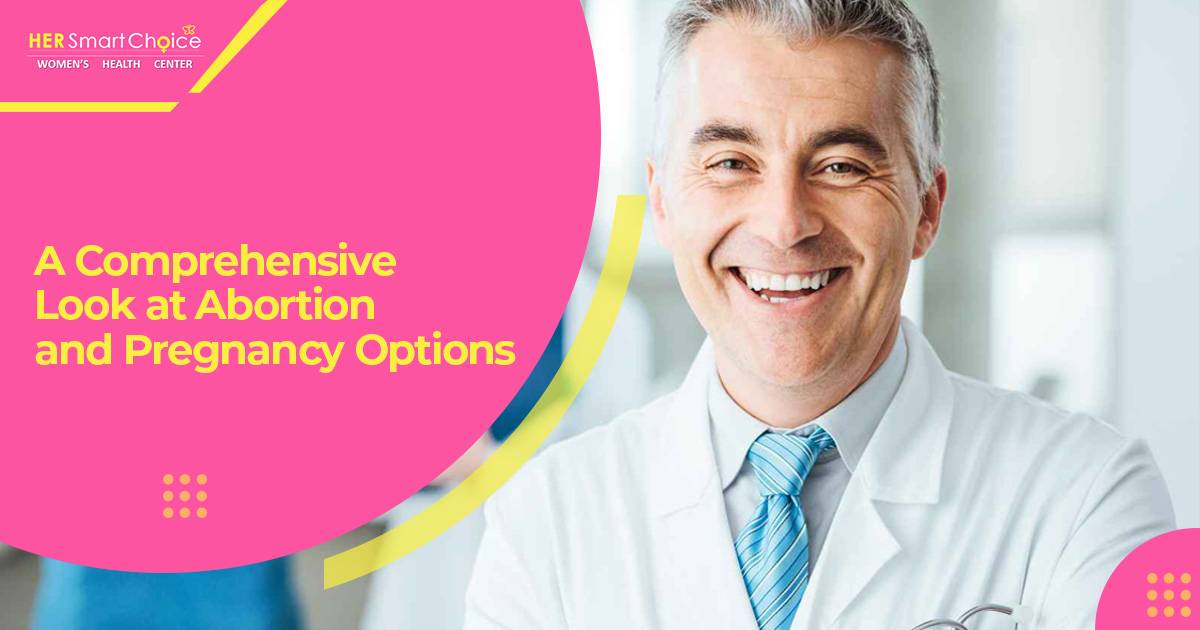
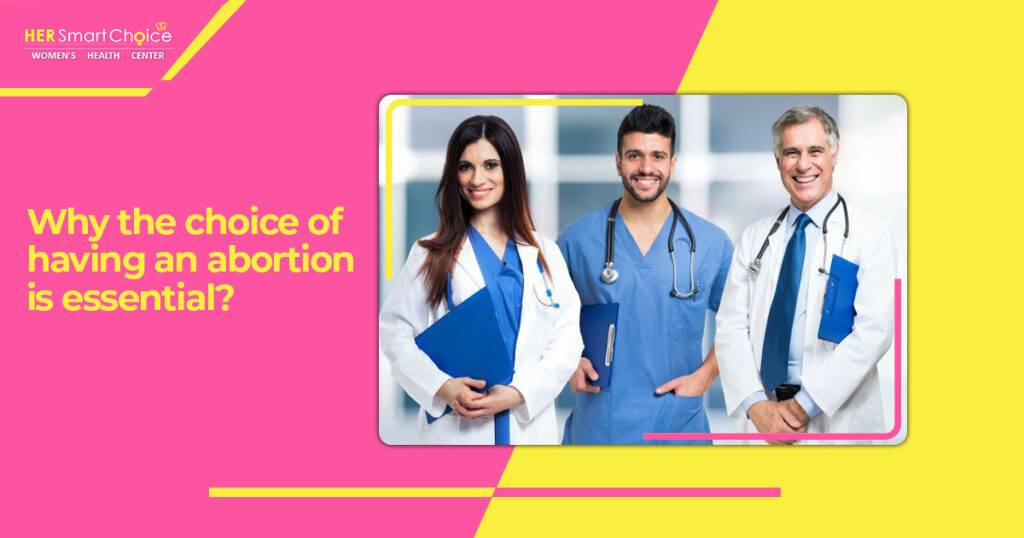 Abortion is considered essential for women because it recognizes and respects a woman’s right to make decisions about her own body and reproductive health. The choice to have an abortion is a deeply personal one, influenced by various factors such as individual circumstances, health considerations, and personal beliefs.
Abortion is considered essential for women because it recognizes and respects a woman’s right to make decisions about her own body and reproductive health. The choice to have an abortion is a deeply personal one, influenced by various factors such as individual circumstances, health considerations, and personal beliefs.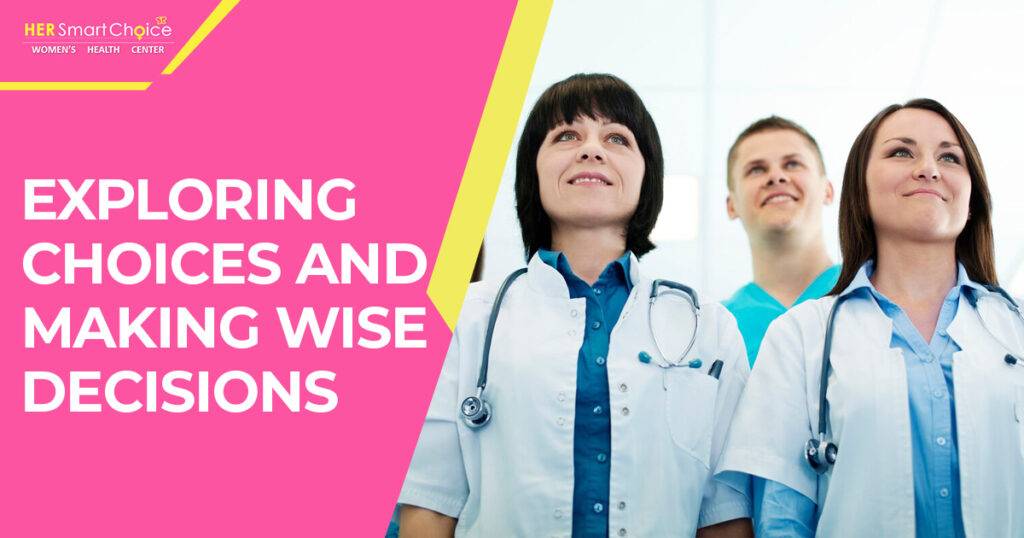
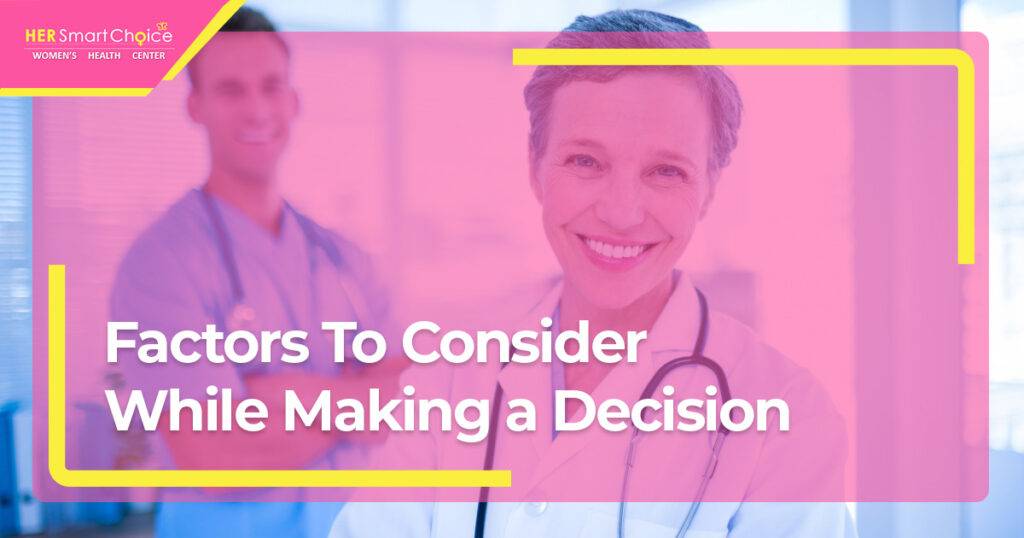
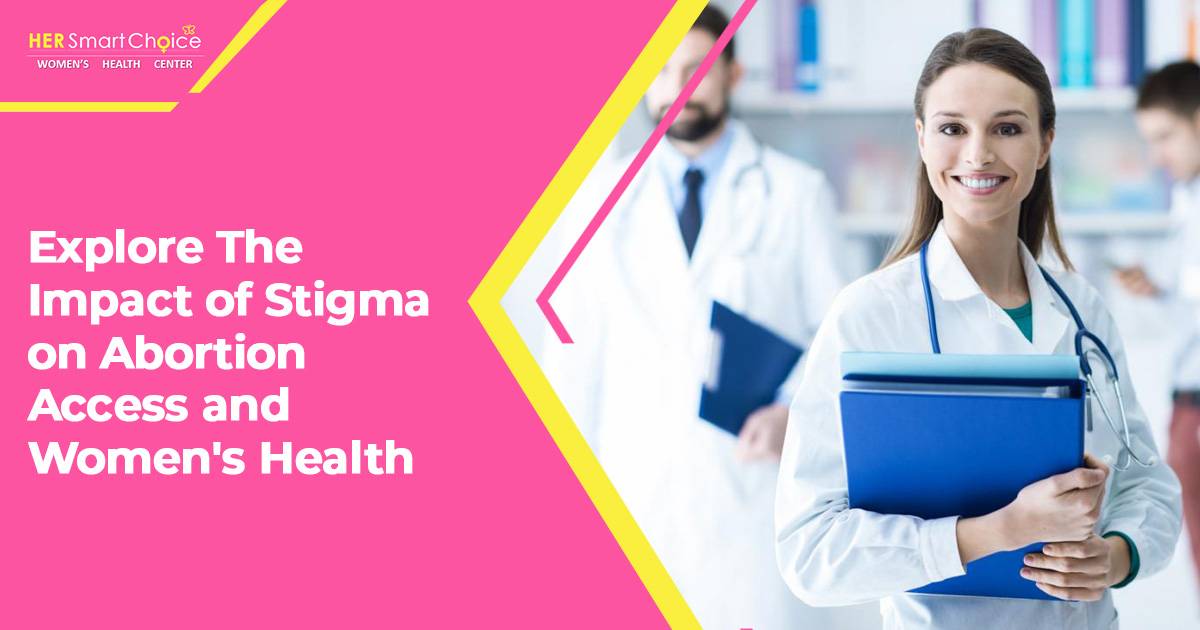
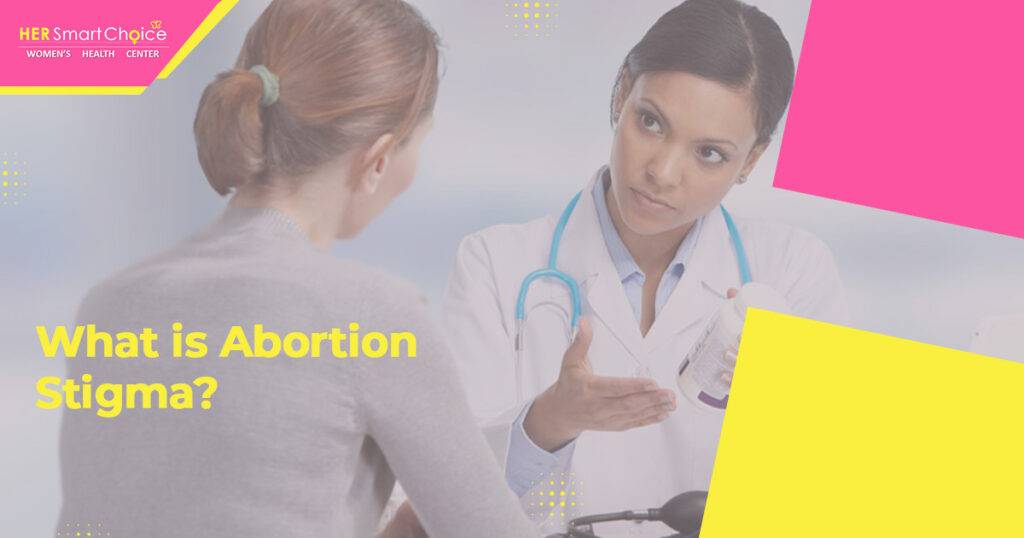
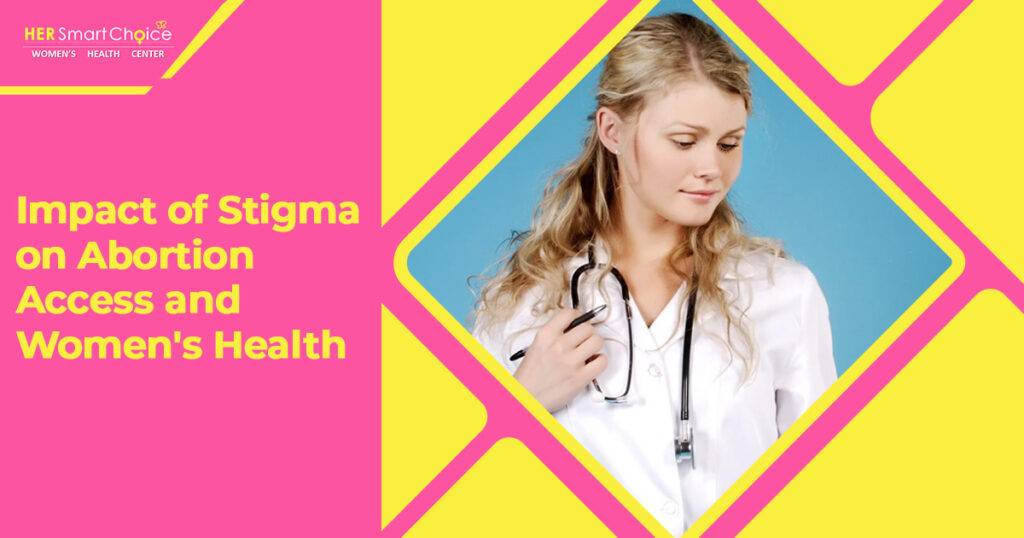
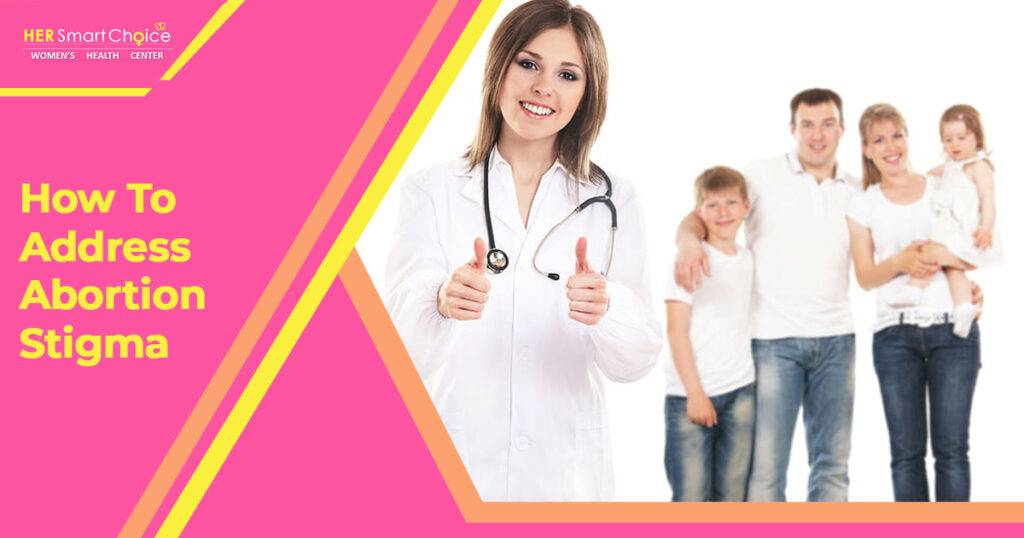
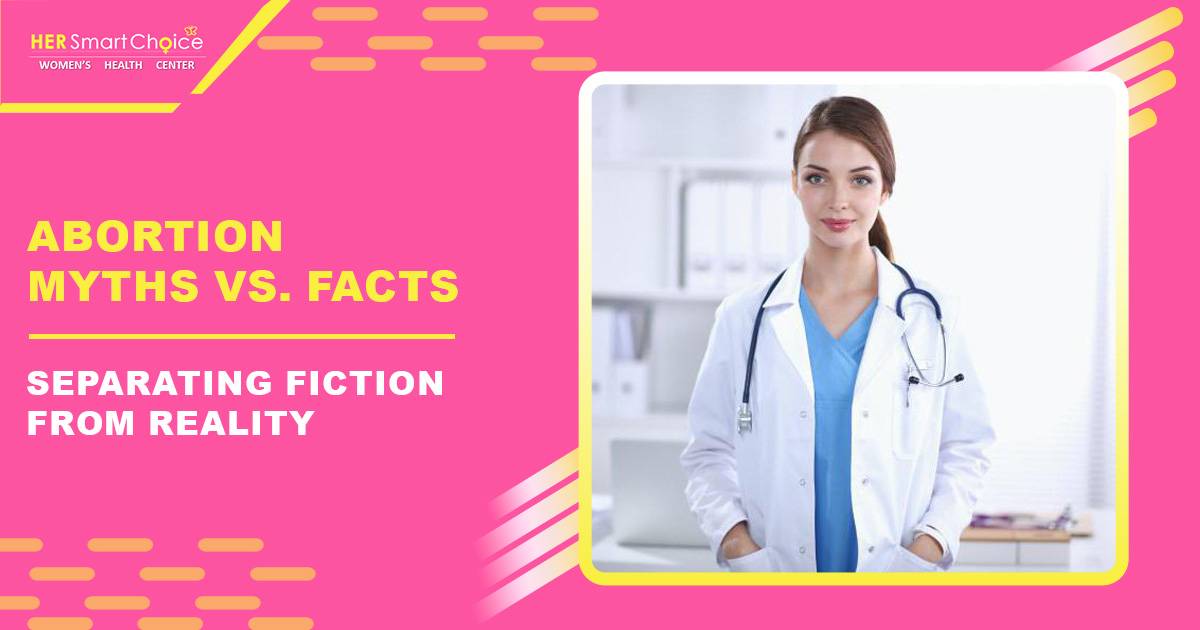

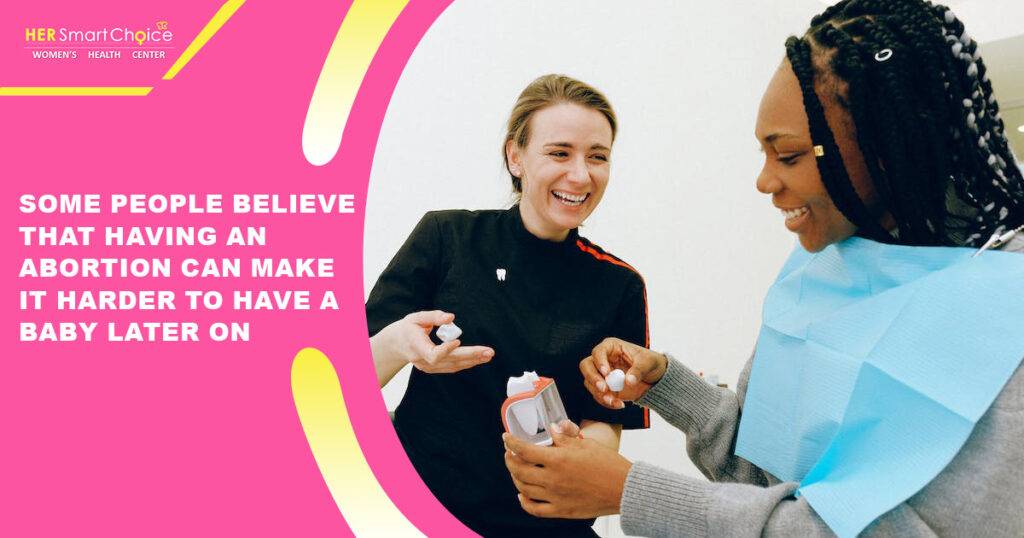
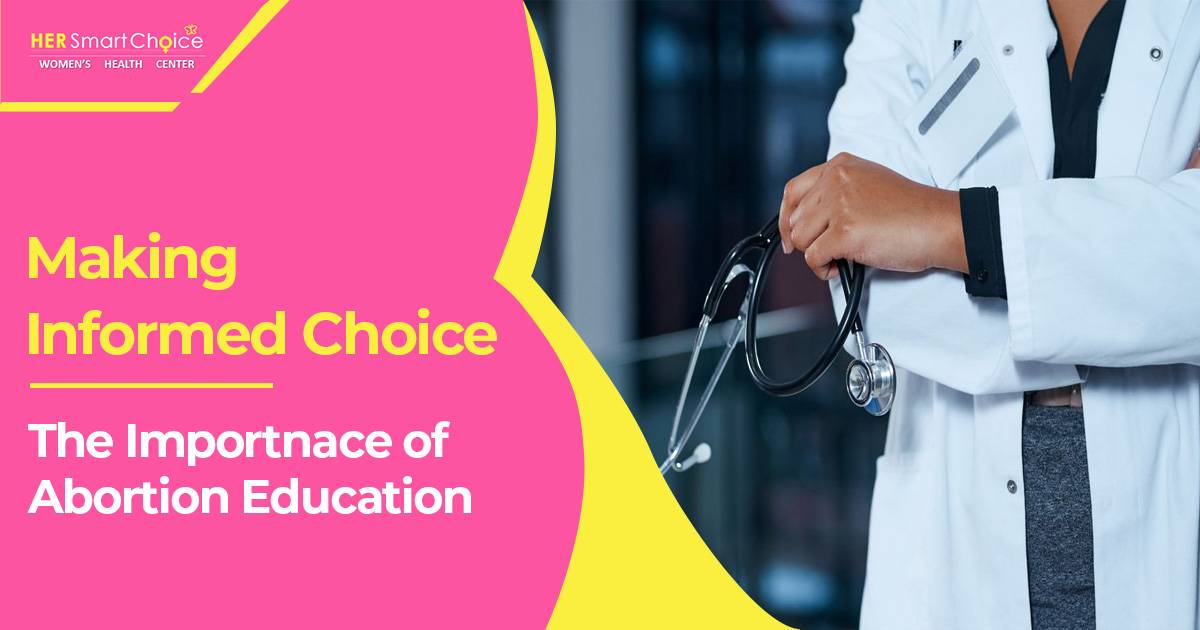
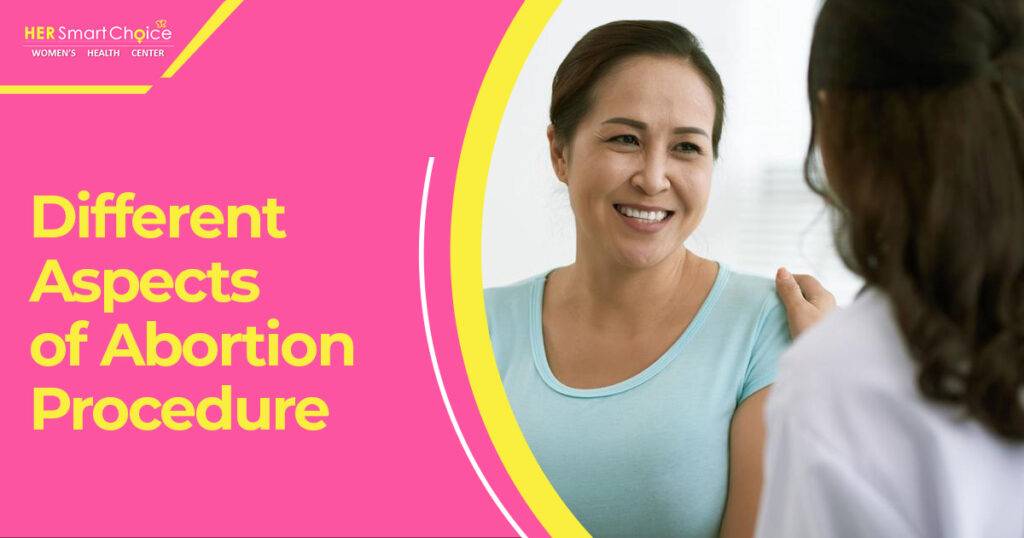 In the present time, it is essential to have a knowledge of every aspect of
In the present time, it is essential to have a knowledge of every aspect of 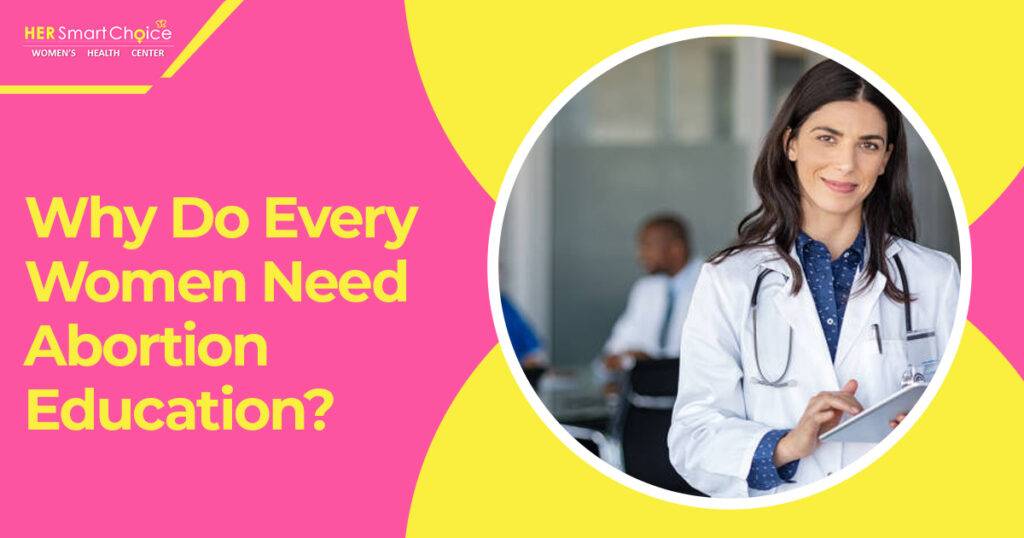 Access to Information:
Access to Information: 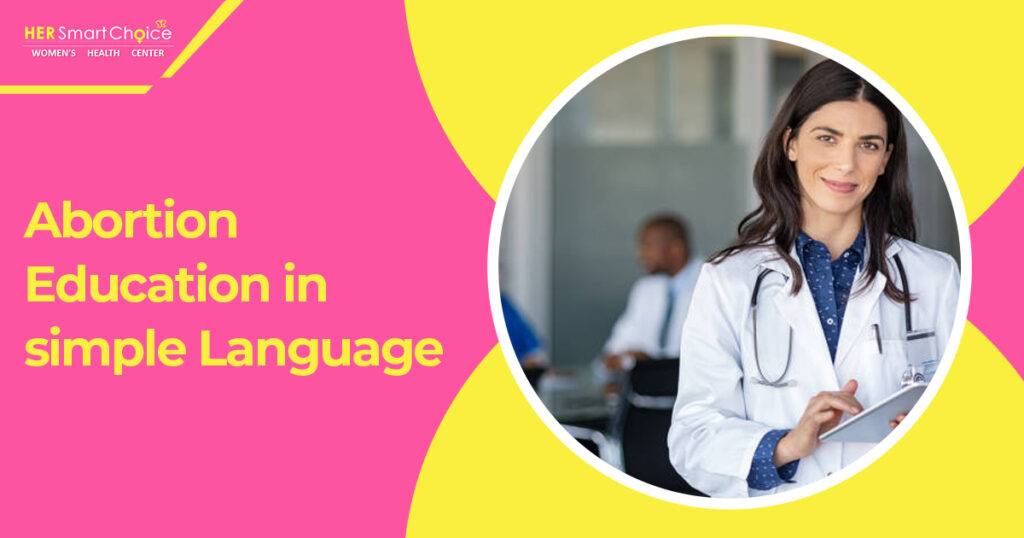
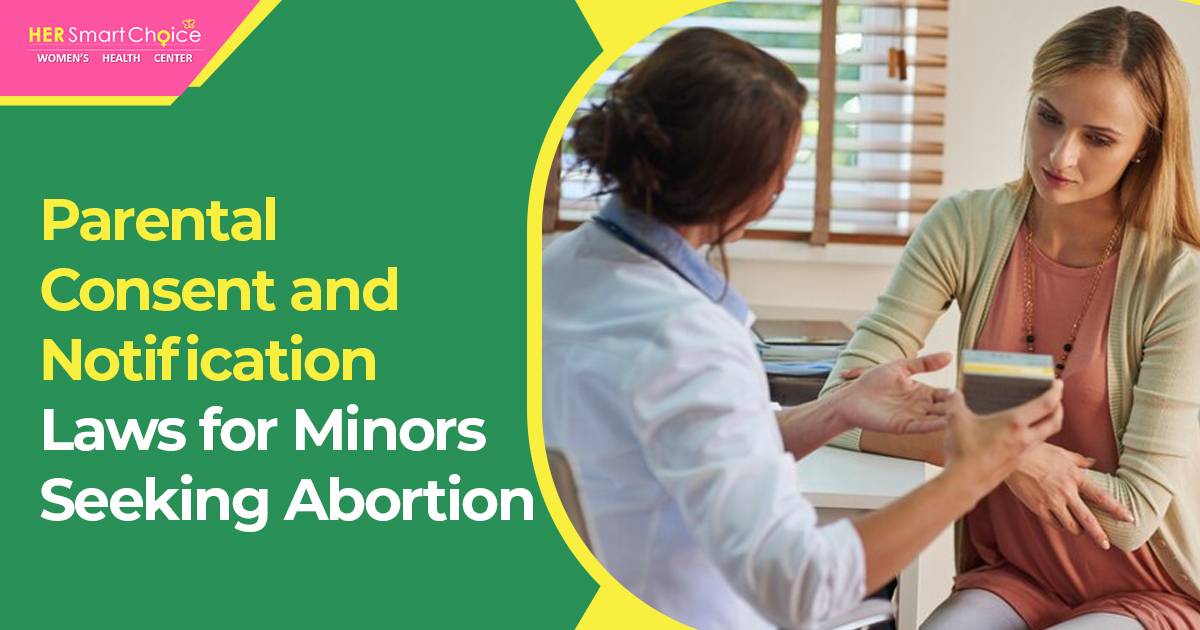
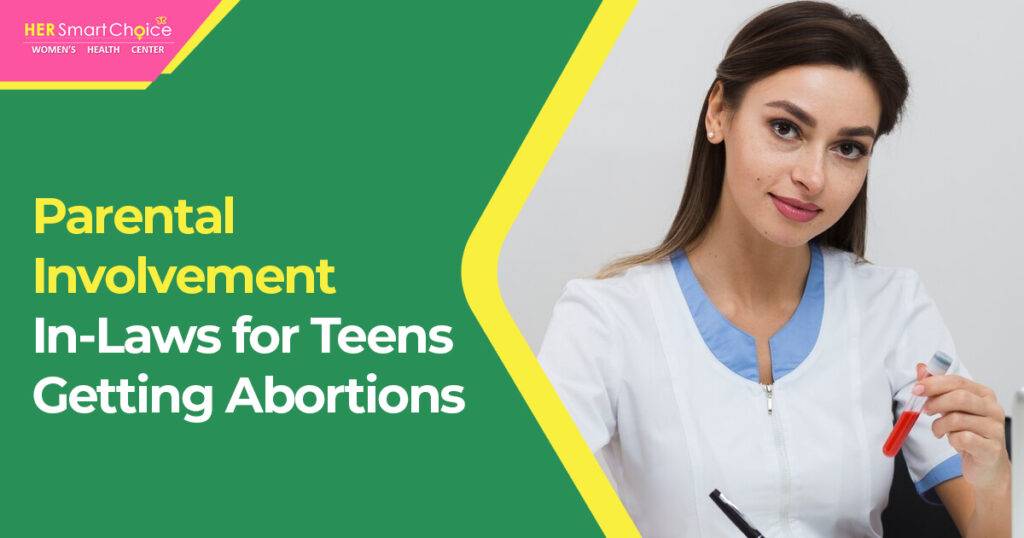
 Parental consent and notification laws have significant implications, both intended and unintended. Supporters believe these laws foster responsible family engagement and protect the well-being of minors. However, critics argue that they can sometimes be barriers to timely abortion access and may put minors at risk when their circumstances prevent parental involvement.
Parental consent and notification laws have significant implications, both intended and unintended. Supporters believe these laws foster responsible family engagement and protect the well-being of minors. However, critics argue that they can sometimes be barriers to timely abortion access and may put minors at risk when their circumstances prevent parental involvement.